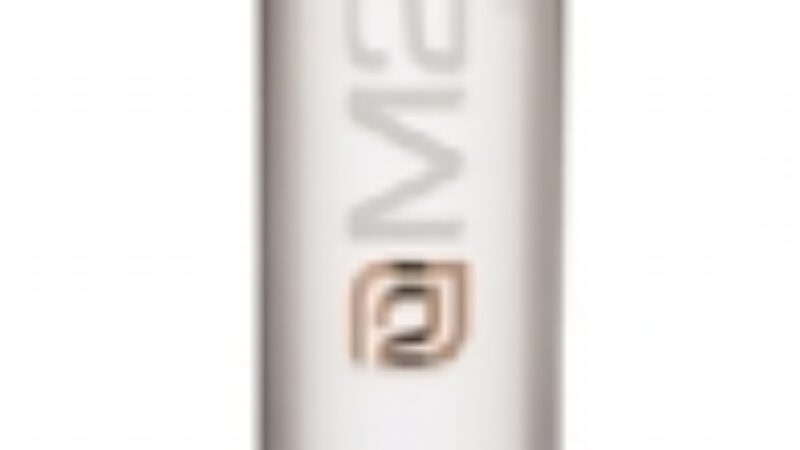MSM, a sulfur compound that occurs naturally in plants, is sold as a dietary supplement to benefit hair, nails and skin. It is also promoted to aid in the management of arthritis and other inflammatory conditions based on an assumption that we are deficient in sulfur. MSM may be found in a variety of foods including fresh raw fruits, green vegetables, milk, meat and seafood. MSM should not be confused with DMSO. Although they share some similarities, MSM is DMSO without the bad smelling chemical D1-Methyl.
While some small studies have shown that MSM may help to alleviate the pain and inflammation associated with osteoarthritis, further research is needed before making more specific recommendations for its use in treating other health conditions.
MSM’s Benefits
The topical benefits of MSM may be attributed to its sulfur component, which has been used traditionally to alleviate skin conditions including psoriasis, eczema and acne. While the mechanism of action is not known, it is thought to act as a mild antibacterial, antifungal and keratolytic (ability to break down keratin)agent. These properties have resulted in its incorporation in treatments for dandruff, rosacea, scabies and warts.
A clinical study using MSM in combination with silymarin, was shown to reduce the redness, itching and stinging associated with rosacea. There is also anecdotal evidence to suggest that MSM may help to reduce the symptoms of melasma, however, there is no clinical research to back up this claim.
If you are looking for a product that contains MSM, consider Rosacure. This combination MSM/silymarin formulation acts as an antioxidant plus anti-inflammatory to reduce redness and inflammation associated with rosacea.




